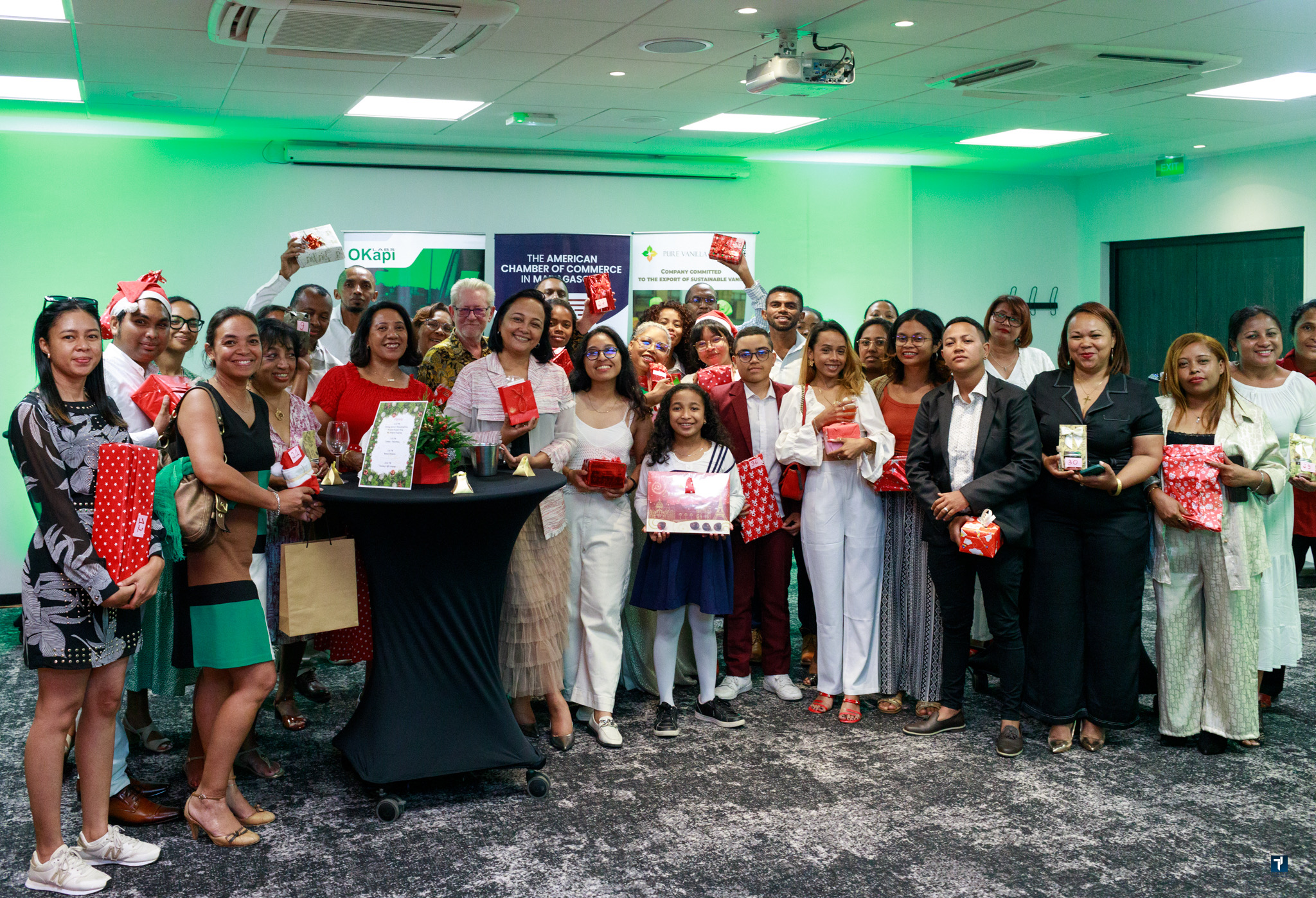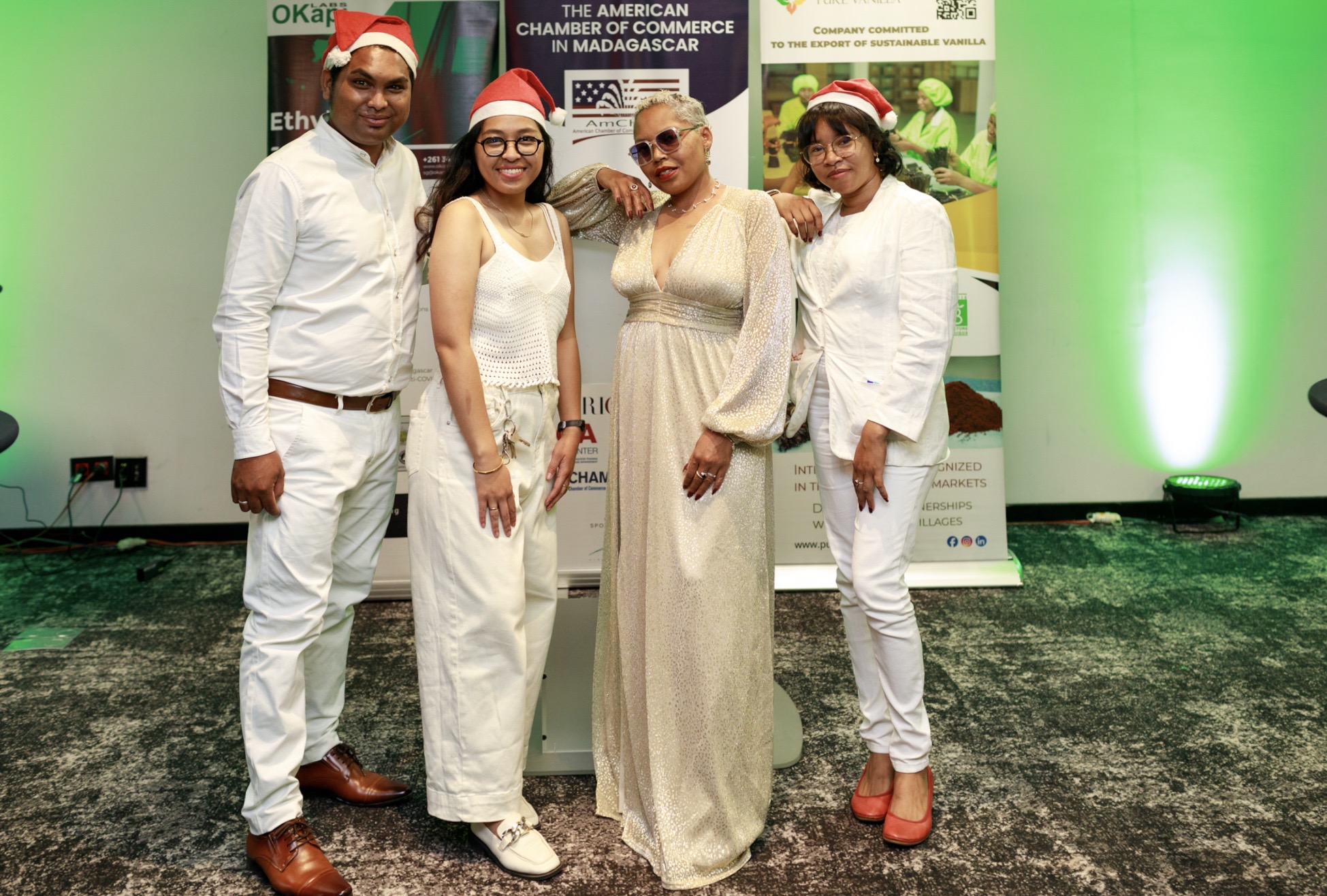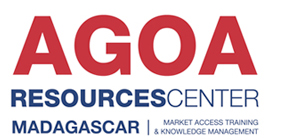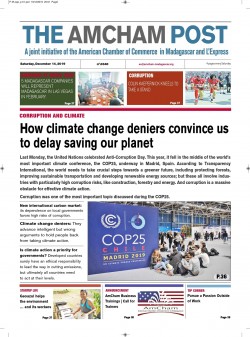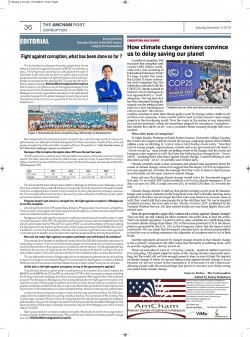THE AMCHAM POST DECEMBER 14 - 2019
Fight against corruption, what has been done so far?
EDITORIAL
By Hery RASON, Executive Director of the NGO Ivorary/Integrity For Development
The United Nations General Assembly adopted the United Nations Convention against Corruption (UNCAC) on October 31, 2003. The UN general assembly also designated the 09th of December as the International Anti-corruption day to sensitize people about the importance of fighting this phenomenon that jeopardize social and economic development. This year, the UN had initiated a global campaign #UnitedNationsAgainstCorruption that focuses on corruption as one of the biggest obstacles to the achievement of the Sustainable Development Goals (SDG). The malagasy civil society organization specialized in the fight against corruption took part to this global campaign by launching an event that gathered about 200 young people at the university of Antananarivo.
Most importantly, the international anti-corruption day is also the opportunity to assess our performance in our attempt to withdraw the payment of bribes, misconduct of public office, active and passive corruption, favoritism and other corruption offences. The question is : “what has been done, so far? And which challenges requires our attention? “
Decrease of the Corruption Perception Index (CPI) over the last fiver years
The CPI gives us an overall picture of the perception corruption in the public sector according to experts. The index ranks 180 countries for 2018 and uses a scale of 0 to 100. 0 means that the country is highly corrupt and 100 means that the country is clean. Over the last five years, we have seen a diminution of Madagascar’s CPI.
| YEAR | 2015 | 2016 | 2017 | 2018 |
| CPI-score | 28 | 26 | 25 | 24 |
| Ranking | 123 out of 168 | 145 out of 176 | 155 out of 180 | 152 out of 180 |
Tableau 1: Evolution of the Corruption Perception Index (CPI)
One has to admit that according to these statistics, Madagascar still faces many challenges, such as the misuse of public office, unethical behaviour among public servants, favouritism in the award of public contracts, misappropriation of public fund, the absence of ceiling the electoral campaign expenses, etc. The corruption affects most sector in the country: justice, education, healthcare system, public procurement, election, environment.
Progress doesn’t just move in a straight line, the fight against corruption in Madagascar is not the exception.
According to the former US President, Barack Obama, “Progress doesn’t just move in a straight line. There’s a reason why progress hasn’t been easy and why throughout our history every two steps forward seems to sometimes produce one step back”.
Madagascar had made significant progress in settling an operational anticorruption system in spite of a slight regression of the CPI. Throughout the last five years, we have seen the establishment of the anticorruption bodies like the “Pôle Anti-Corruption (PAC)” as well as the adoption of the laws relating the fight against money laundering, the recovery of illicit asset according to the ESSAMLAG’s recommendations. Concerning the adoption of this law, the civil society organization has made a great job in advocating for its adoption since its examination had been postponed three times by the parliament.
How can we make fight against corruption profitable and self-finance its activities?
Once elected, the President of the Republic Andry Nirina RAJOELINA outlined the importance of eradicating corruption. To do so, he had launched a program of zero tolerance to corruption and gave priority to the promotion of the e-governance in compliance with the Velirano n°03. By legislating the law relating to the recovery of illegal asset, the President had demonstrated his willing to set up an anticorruption system. In fact, much remains to be done in terms of addressing the corruption phenomenon.
This law relating the recovery of illegal asset calls for an implementing decree that aims at launching an agency in charge of recovering the illegal. This would make the fight against corruption profitable. Otherwise, the fund recovered would have helped the anticorruption system finance its own activities.
At the end, is the fight against corruption on top of the government’s agenda?
To be efficient, all anticorruption bodies including the courts of auditors (Cour des Comptes), the BIANCO, the SAMIFIN, the CSI, the PAC as well as the CCFVP or the Commission in charge controlling the funding of electoral campaign, should be correctly supported. With regard of the current national program Plan Emergence Madagascar, the funding dedicated to the fight against corruption only represent 0.03% of total budget. In addition to the lack of mean, these bodies are not able to work properly and provide excellent result. Also, in order to be efficient, the government should emphasis with the promotion of the independence of justice and implement law without considering one’s political trend.
Last but not least, most grand corruption comes from the issue of political funding. The CSO advocated a lot in the establishment of a ceiling of political funding. The counterpart of this funding often involves major corruption offences. Hence, it is important that we revise the law regulating the funding of political parties. How can we manage to accept the fact that a presidential candidate in Madagascar had spent 43 million USD during his campaign where as the majority of the Malagasy lives with a revenue inferior of 2 USD?





